April 2024 Issue of ODQN Now Available
April 12, 2024
1-minute read
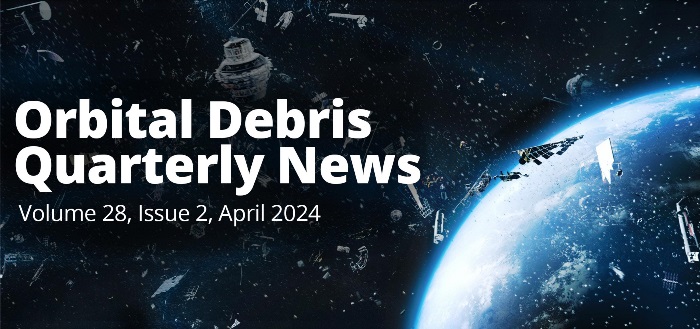
The April 2024 issue of Orbital Debris Quarterly News is now available.
New Issue of EEE Parts Bulletin Now Available, March 2024
April 05, 2024
1-minute read
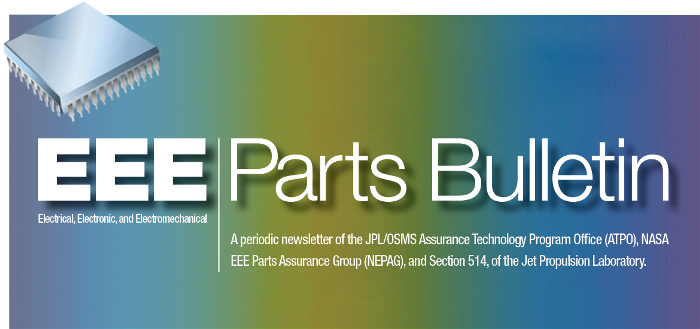
The EEE Parts Bulletin for March 2024 provides an overview of the new NASA Parts Engineering Program in collaboration with The University of Maryland, Auburn University, the University of Central Florida and numerous NASA centers.
Recently Published Paper Highlights Planetary Protection Knowledge Gaps for Crewed Missions to Mars
April 02, 2024
2-minute read
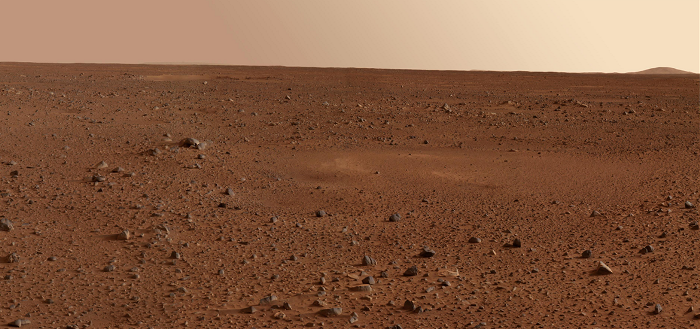
A recently published paper details knowledge gaps for crewed missions to Mars and methods for closing these gaps from a Planetary Protection (PP) standpoint. Multiple authors contributed to the paper, titled “Planetary Protection Knowledge Gap Closure Enabling Crewed Missions to Mars,” including Dr. J. Andy Spry, Senior Scientist at the SETI Institute and PP consultant at NASA Headquarters.
Cordero Receives Yes, If Award for Mission Security Approach
March 07, 2024
2-minute read
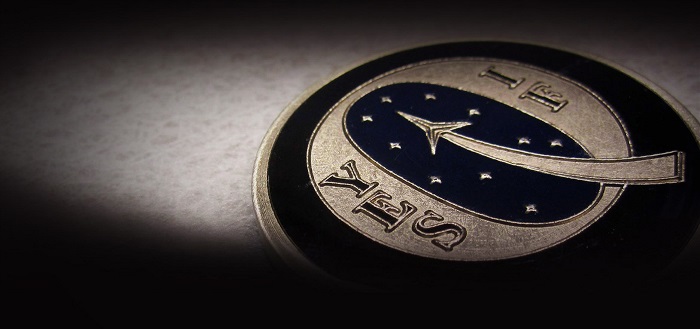
Manuel “Manny” Cordero, Information Technology security specialist for NASA’s Independent Verification and Validation (IV&V) Program and advisor for the agency’s Enterprise Protection Program (EPP), recently received a “Yes, If” coin for proactively increasing awareness about software security risks to protect NASA missions.
AIA Joint Strategic Quality Council Focuses on Lowering Barriers to Standards Adoption by Industry and Government
February 23, 2024
4-minute read
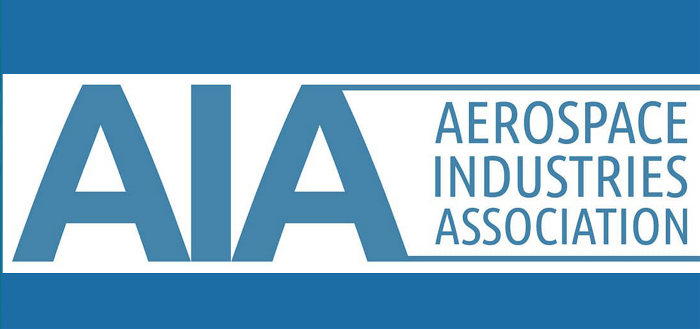
A reliable feedback channel provides crucial information for any high-functioning, continuously improving system. Process data and customer feedback are commonly used to refine manufacturing processes and quality management systems.
OSMA-Funded Research Provides Improved Methods for Fitness-For-Service Assessments of Ground-Based MLPVs
February 20, 2024
5-minute read
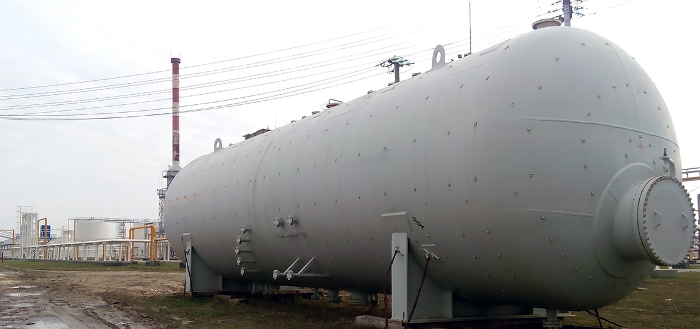
The Office of Safety and Mission Assurance is currently engaged in a multi-year program to develop continued use fitness-for-service approaches and sustainment logic for aging ground-based Multi-Layered Pressure Vessels.
ODQN: First Issue of 2024 Now Available
February 13, 2024
1-minute read
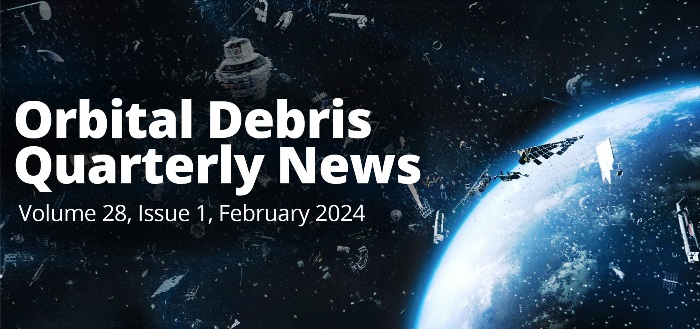
The February 2024 issue of Orbital Debris Quarterly News (ODQN) is now available.
October 2023 Issue of ODQN Now Available
November 14, 2023
1-minute read
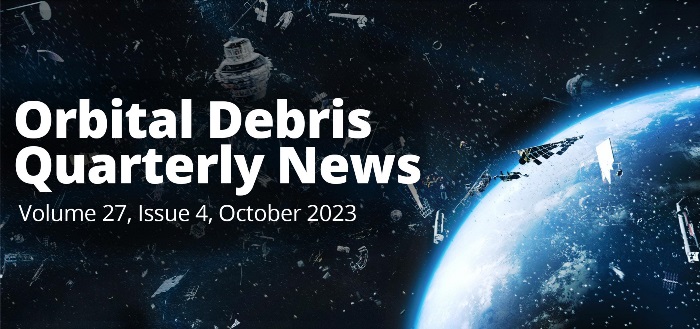
The October 2023 issue of Orbital Debris Quarterly News is now available.
Revised Range Flight Safety Course for Unmanned Aircraft Systems (UAS) Now Available
September 28, 2023
2-minute read
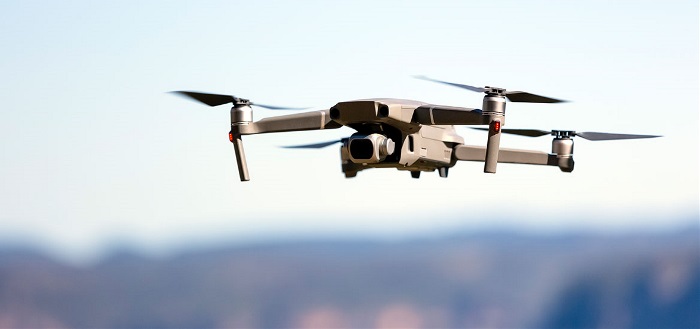
NASA’s Range Flight Safety program recently released “UAS Range Flight Safety” (SMA-AS-WBT-300) to address the Range Flight Safety aspects of flying Unmanned Aircraft System (UAS) at NASA.
OSIRIS REx Sample Return Doesn’t Pose a Risk to Earth’s Biosphere
September 08, 2023
2-minute read
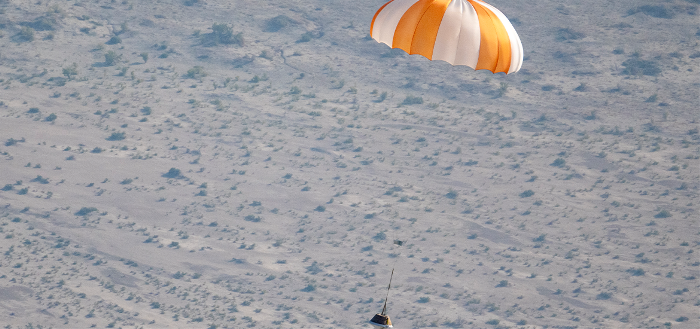
When OSIRIS-REx returns a sample of the asteroid Bennu to Earth on September 24, 2023, it will kick off a carefully orchestrated retrieval process. One thing the retrieval team won’t need to worry about is protecting Earth and its inhabitants from the sample.